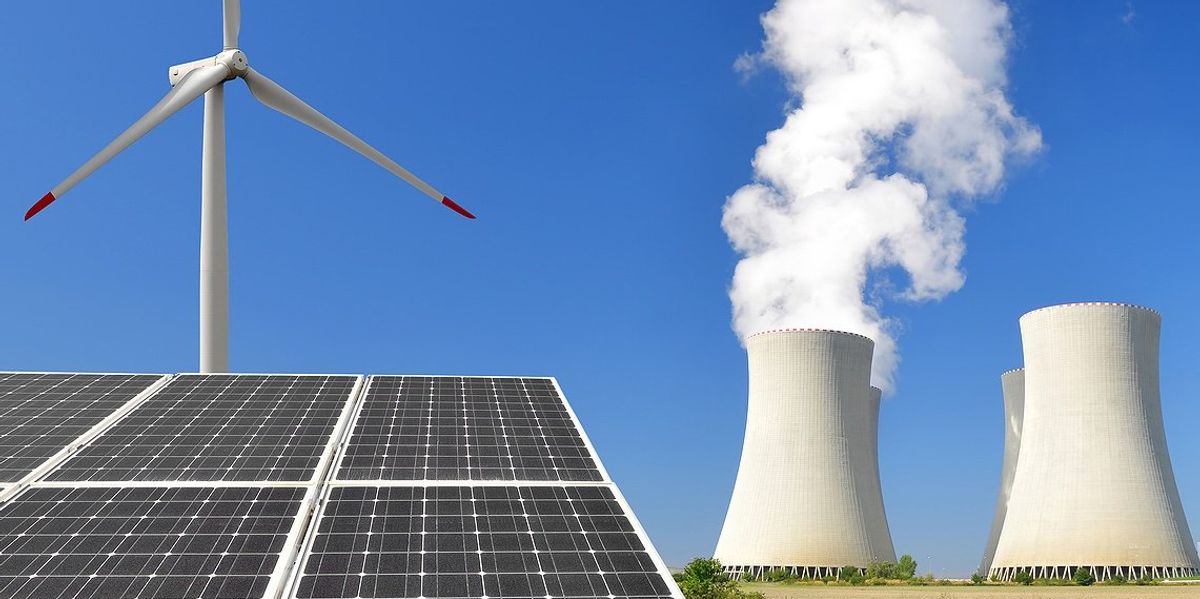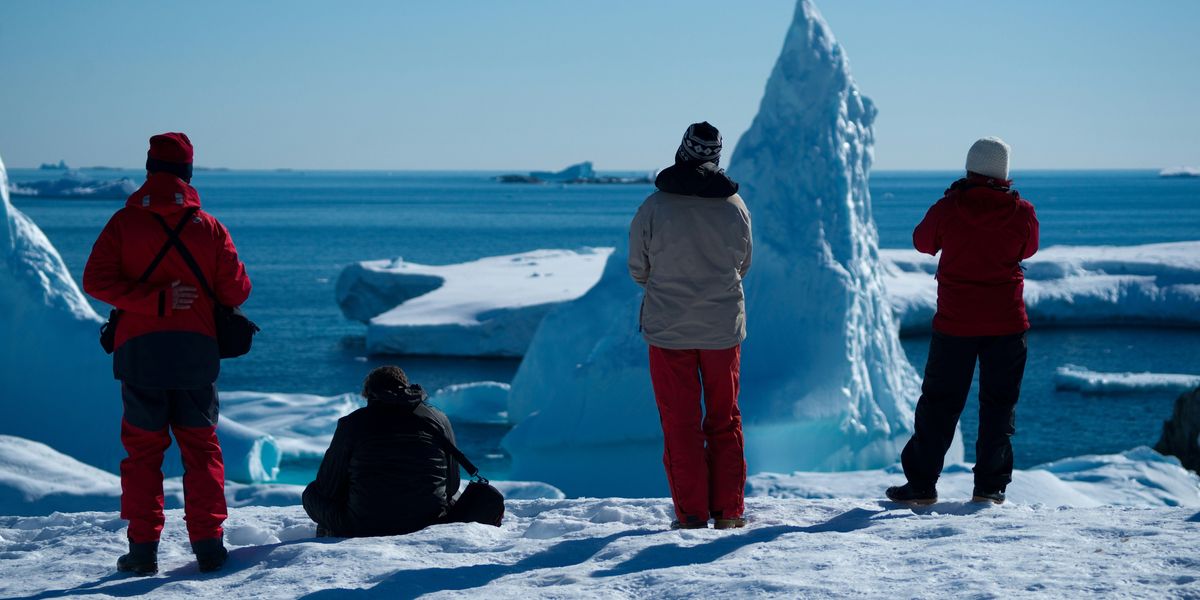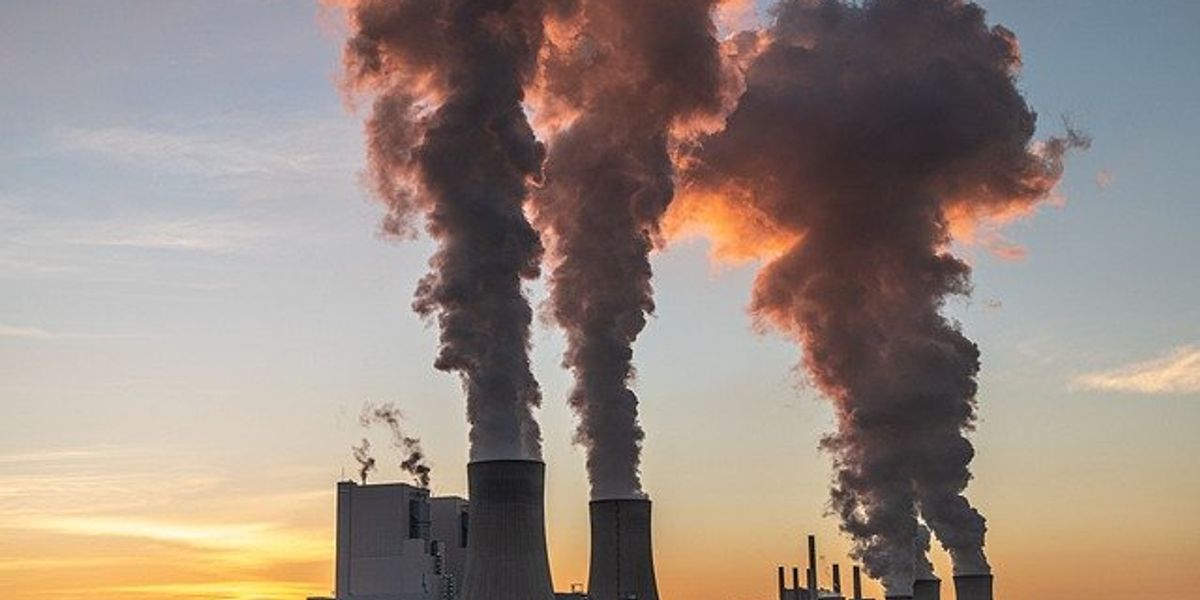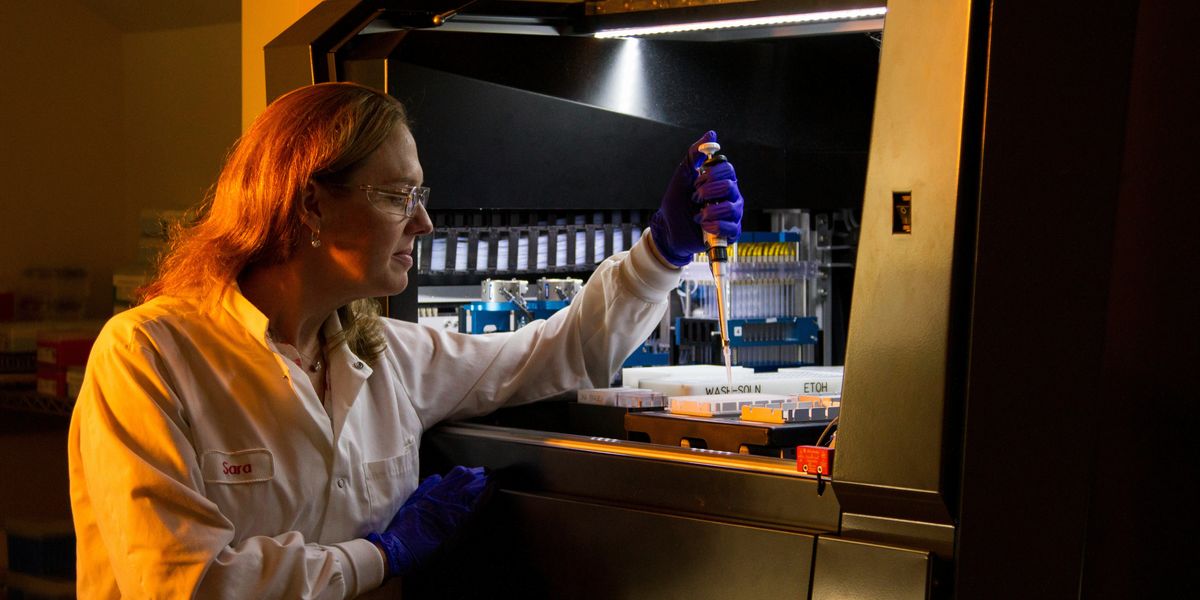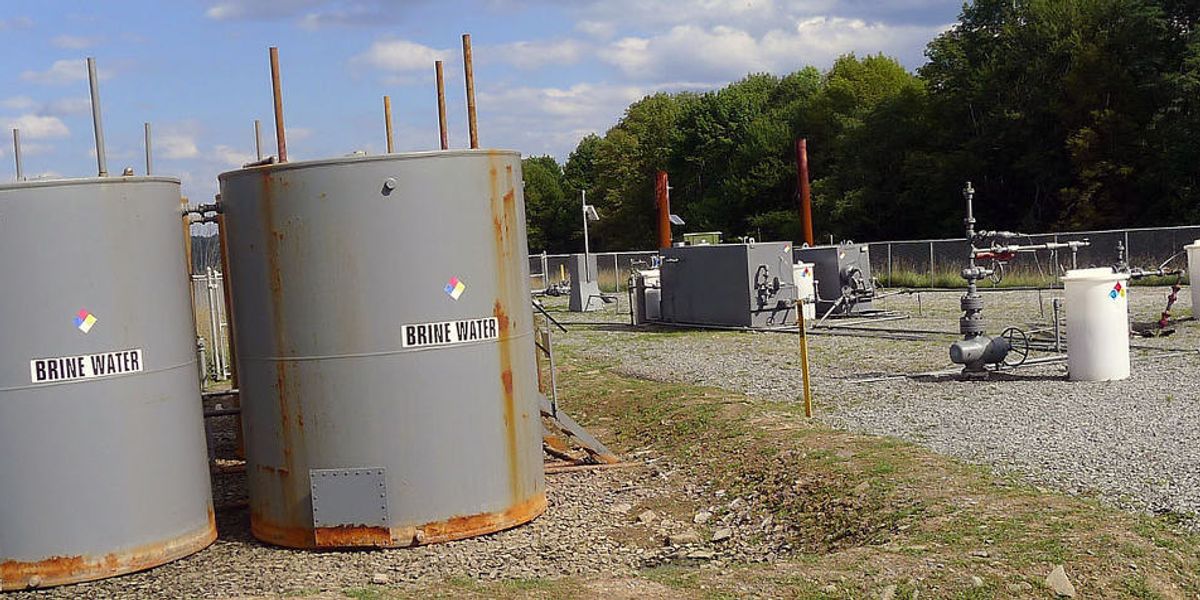
Radium has been widely spread on Pennsylvania roadways without regulation: Study
200 times more of the carcinogen has been released into the environment through legal road brining than has as a result of oil and gas industry spills.
Wastewater from the oil and gas industry that's being spread on roadways to control dust and ice in at least 13 states, including Pennsylvania, poses a threat to the environment and to human health, according to a study released this week.
The wastewater, commonly referred to as "brine," contains high levels of salt along with lead, radium, organic contaminants and other heavy metals in concentrations above safe levels for drinking water. Researchers have found that nearly all of the metals from brine leach out from roadways when it rains, and they speculate that the pollutants could wind up in nearby bodies of water and find their way into local drinking water sources.
"Even though the highest volumes of brine are being spread on roads in northwestern Pennsylvania, most of this activity is occurring within the Allegheny River watershed," William D. Burgos, a professor in the Department of Civil and Environmental Engineering at Pennsylvania State University who co-authored the study, told EHN. "And the Allegheny River is the drinking water source for city of Pittsburgh."
In their report, published in the journal Environmental Science & Technology, the researchers noted that in Pennsylvania from 2008 to 2014, spreading oil and gas wastewater on roads released more than four times more radium to the environment (320 millicuries) than was released from oil and gas wastewater treatment facilities, and 200 times more radium than spills. Some lead and radium was also found to settle into roadways.
Radium is radioactive and has been linked to bone marrow and lung cancer, while the health impacts of lead exposure range from lowered IQ levels and behavioral issues in children to kidney, brain and central nervous system damage in adults. The researchers also found that the levels of salt in the brine pose a threat to aquatic life, and that some of the organic contaminants showed potential toxicity outcomes in human cells that have been linked to liver cancer in animal experiments.
Related: Fracking chemicals "imbalance" the immune system
The brine, which is a byproduct of both fracking and conventional oil and gas drilling, is sometimes used to treat icy roads during the winter, but is more commonly used to control dust on unpaved roadways in the summer. An estimated 34 percent of roads in the U.S. are unpaved, and dust from these roadways contributes to almost half of the nation's annual airborne particulate matter emissions, which causes cardiovascular and respiratory issues.
"We do know that dust isn't good," Nathaniel R Warner, another of the study's co-authors out of Penn State's Civil and Environmental Engineering department, told EHN. "It also causes health issues, so we do need to suppress dust. But we need to make sure we're solving one problem while minimizing the creation of another."
Previous research suggests that the use of brine may not actually be effective at controlling dust.
Burgos and Warner were only able to track down one published study investigating the effectiveness of the practice, which found no statistical difference in the amount of dust being blown off roads that had been treated with brine and roads that hadn't been treated at all. The authors of that study, which was conducted in North Dakota, speculated that brine doesn't contain high enough concentrations of calcium and magnesium, which help bind dust together into clay and retain moisture.
"Our recommendations for moving forward include setting a limit on radioactivity, reducing the amount of organics, and frankly, testing whether brine even works," Warner said. "If it doesn't work any better than water at suppressing dust, maybe we just don't need to be doing this."
The Pennsylvania Department of Environmental Protection (PADEP) does require townships that want to use oil and gas brine on their roadways obtain a "certificate of analysis" that requires testing of the fluid for some chemicals, but the researchers said those tests are very limited and ignore some of the most concerning elements of the brining liquid.
"The number of analytes is really limited," Burgos said, "and radium isn't on the list at all." He noted that none of the states that allow oil and gas brine to be spread on roadways currently require any radium analysis.
There are more than 200 commercially available dust suppressants, which likely undergo more rigorous efficacy, health and environmental testing than oil and gas brine. But they can cost up to a dollar a gallon, whereas the oil and gas industry generally provides townships with brining services for free since it's the cheapest method of disposal available.
On May 17, the Pennsylvania Department of Environmental Protection (PA DEP) conceded that it shouldn't have allowed hundreds of thousands of gallons of brine to be spread on dirt roads in Farmington Township in Warren County last year. The announcement came during an Environmental Hearing Board case that had been filed by a resident who claimed spreading the brine on roadways where Amish families walk and ride in open buggies was unsafe.
Moving forward, the DEP has indicated that brine will be reclassified as "residual waste" and that a stricter permitting process will be required before it can be spread on roadways. The researchers at Penn State University said they'd been in talks with the DEP about their findings, but did not think their study was directly related to that decision.
"Ultimately, these are really funding-driven decisions," Burgos said. "If we want to fix this, we probably have to provide these townships with more funding for road maintenance."

